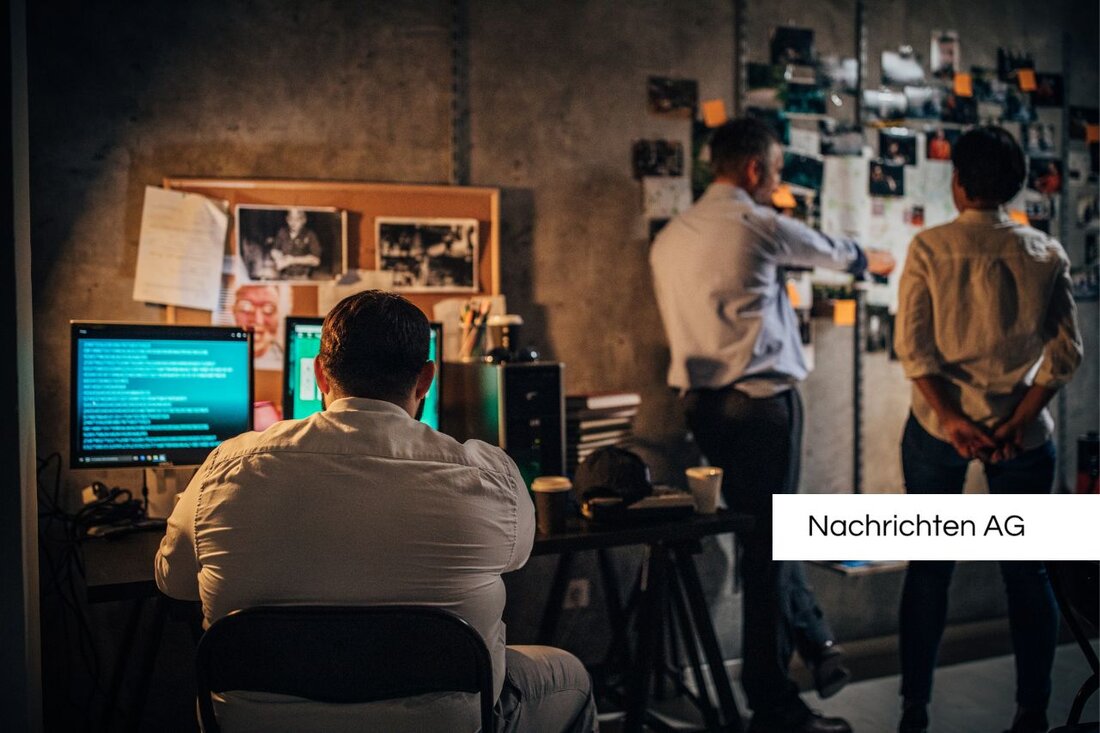Books burned at the Holocaust memorial in Görlitz – state security investigates!
Görlitz: State security investigates after books burned at the Holocaust memorial. A current overview of the incident.

Books burned at the Holocaust memorial in Görlitz – state security investigates!
In a worrying incident that has shaken society in Germany, several books were burned at the memorial to the victims of the Holocaust in Görlitz. This terrible act attracts the attention of the State Security Service, who have now launched an investigation. The memorial, a place of remembrance and reflection, has once again become the target of right-wing extremist and anti-Semitic attacks, which have increased in recent years. This reports Mirror.
The incident sheds a bright light on the ongoing problems of the culture of remembrance in Germany. While the state security agency is taking action to hold those responsible accountable, numerous voices in society are questioning the effectiveness of the existing memorial initiatives. After all, there are over 300 memorial sites and Nazi documentation centers in Germany that are dedicated to examining and remembering the crimes of National Socialism. But vandalism in such places and Holocaust denial remain common challenges German wave reported.
Culture of remembrance and its challenges
Remembrance is a central aspect of the German culture of remembrance. Every year on January 27th, International Holocaust Remembrance Day, the victims of National Socialism are remembered. This tradition is important, but it faces the challenge of right-wing extremist and populist forces increasingly attacking the remembrance of the Nazi crimes. A critical voice in this debate is Michel Friedman, who believes that the German culture of remembrance is often too ritualized and needs to take more responsibility for living Jews.
Students learn about the Holocaust in history lessons and visit memorial sites to learn about history. There are also traveling exhibitions that commemorate the survivors of Nazi persecution. These efforts are important, but challenges are inevitable. In view of the increasing number of anti-Semitic attacks, the question arises as to whether the measures of remembrance and education are sufficient. Joseph Wilson from the EVZ Foundation emphasizes that a culture of remembrance must also include the prevention of anti-Semitism.
And while discussions about the culture of remembrance are diverse and often heated, the importance of remembrance is also underlined by prominent figures such as Saba-Nur Cheema, who sees civil society as a central actor in building a sustainable culture of remembrance.
Looking into the future
The incident in Görlitz is not just an individual crime, but is symbolic of the challenges that German society faces in remembering the shadows of its history. It is time for the community to come together to strengthen the memory of the victims of National Socialism and to fight together against the threat of anti-Semitism and right-wing extremist ideologies.
In light of current events, it is crucial to protect our memorials and maintain dialogue about our past. This is the only way we can ensure that such atrocities never happen again. The future of the culture of remembrance in Germany depends on our actions today. The words “Never again” must be more than a slogan; they must be integrated into our daily lives to promote shared responsibility for society.

 Suche
Suche
 Mein Konto
Mein Konto